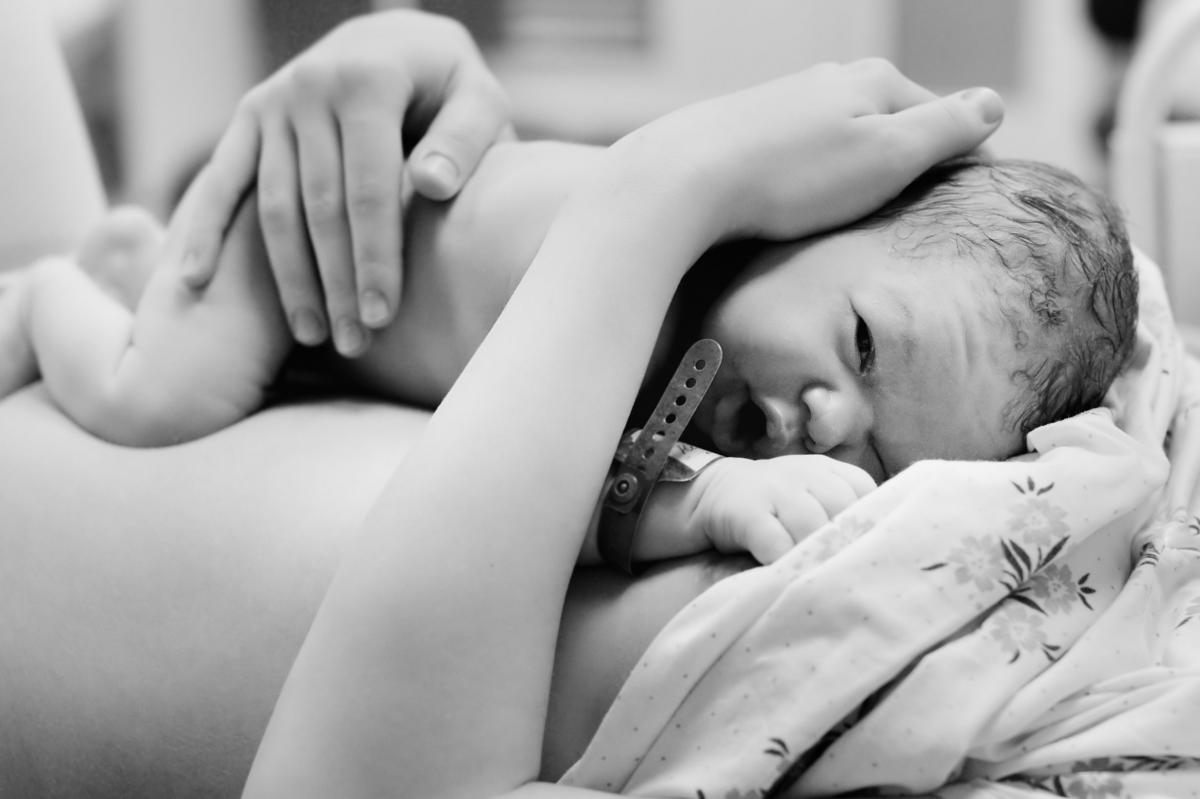D: You may have heard that human beings have lots of bacteria in our bodies. In fact, something like ninety percent of our body's cells are bacterial. So it should come as no surprise that a healthy population of bacteria is essential for good health.
Y: That's especially true for infants. Fetuses have some bacteria while still in the womb, but during birth they're coated with microbes as they travel down the birth canal, including bacteria that help newborns digest their first meal.
D: But babies delivered via c‑section miss out on this bacterial coating. C‑section babies are still colonized by bacteria as soon as they emerge, but not the same type as babies born vaginally.
Y: So scientists are working on ways to give c‑section babies the same bacterial advantages. One study looked at the value of incubating gauze in a mother's vagina and then wiping it on her newborn. Doing so appears to have doubled the amount of bacteria babies delivered by c‑section are exposed to, at least according to one report. But it's still well less than babies delivered vaginally.
D: Other lines of research are exploring ways to cultivate a healthy microbiome before birth, mainly by having the mother receive probiotics while pregnant.
Y: And breastfeeding is a tried and true way to help a newborn develop a healthy range of bacteria. Plenty of research has shown that breastfed babies have a more diverse array of gut bacteria than babies who are primarily formula‑fed.
D: One upshot of all this research is the finding that antibiotics can harm a newborn's chances of developing a healthy microbiome. One study found that using antibiotics in infants is linked to changes in their gut bacteria and also linked to diseases and allergies later in life. (296)
Y: This Moment of Science comes from Indiana University.
I'm Yaël Ksander, and I'm Don Glass.









